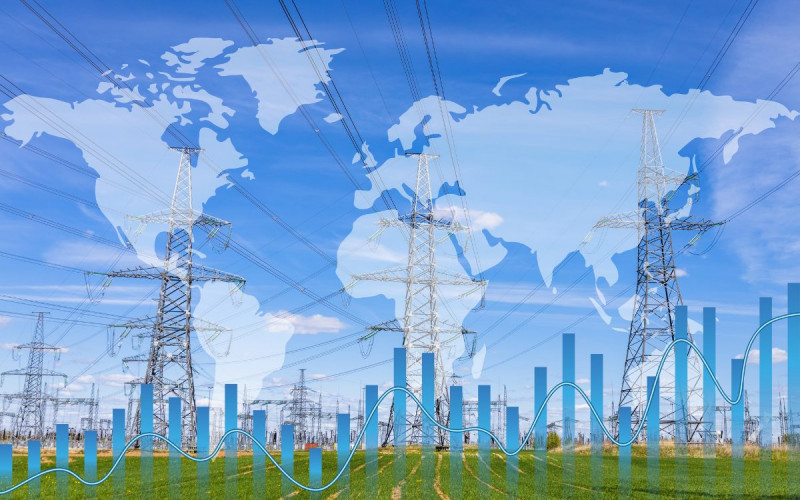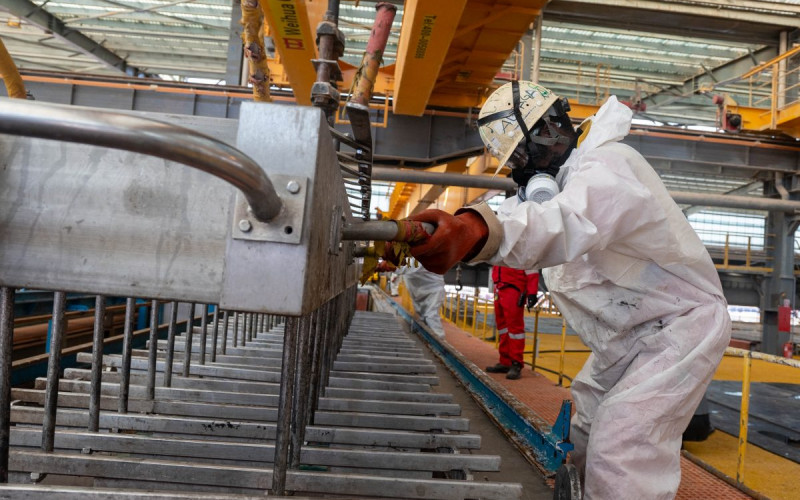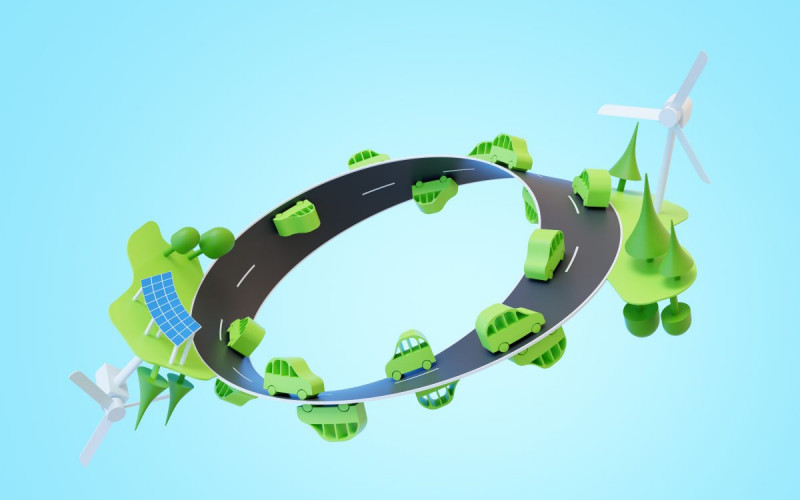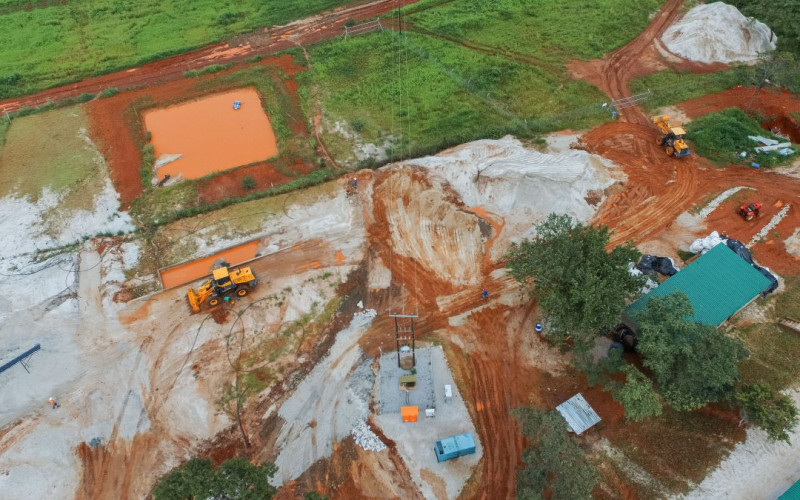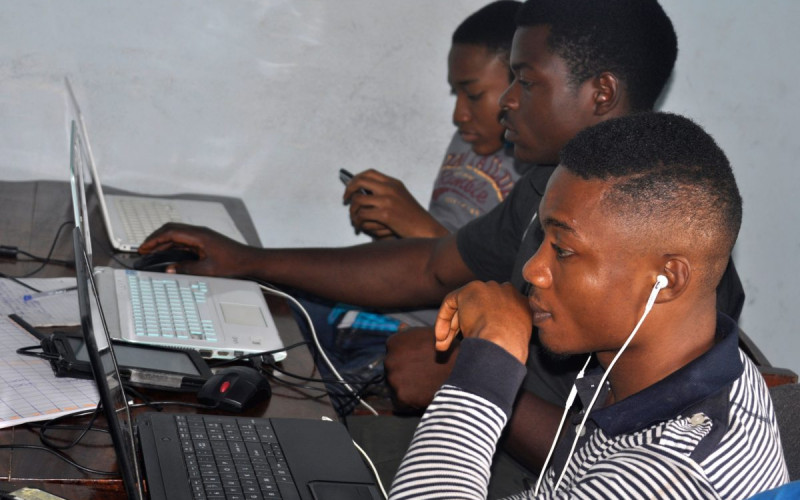Summary:
- The COVID-19 pandemic has brought into sharp focus the complex and unpredictable challenges that are symptomatic of the current age of socio-ecological transformation, and which increasingly defy conventional governance approaches.
- While the SADC region, like the rest of the world, is beset with mounting socio-ecological problems, the governance capacity to manage these complex problems has been declining considerably.
- Endemic corruption, weak state-society relations, and the stubborn legacies of the colonial project in the region has left a number of SADC member states with fragile, unaccountable and inefficient governance systems, which proved incapable of responding effectively to COVID-19.
- Similarly, the absence of shared political values and reliable regional champions has worked against the emergence of a viable supranational organisation with a strong adaptive governance capacity.
- As an example of contemporary wicked problems, COVID-19 has not only unmasked the deficiencies in existing governance models and systems, but also stands to transform the very landscape of governance in the SADC region, both for the better and for worse.
- To position the SADC region to better cope with the shocks and uncertain fluidity of our times, the paper proposes a shift towards anticipatory governance underpinned by a process of far-reaching social and institutional engineering designed to undo the legacies and structures of oppression, exclusion and discord in which societies and states in the region are entangled.


